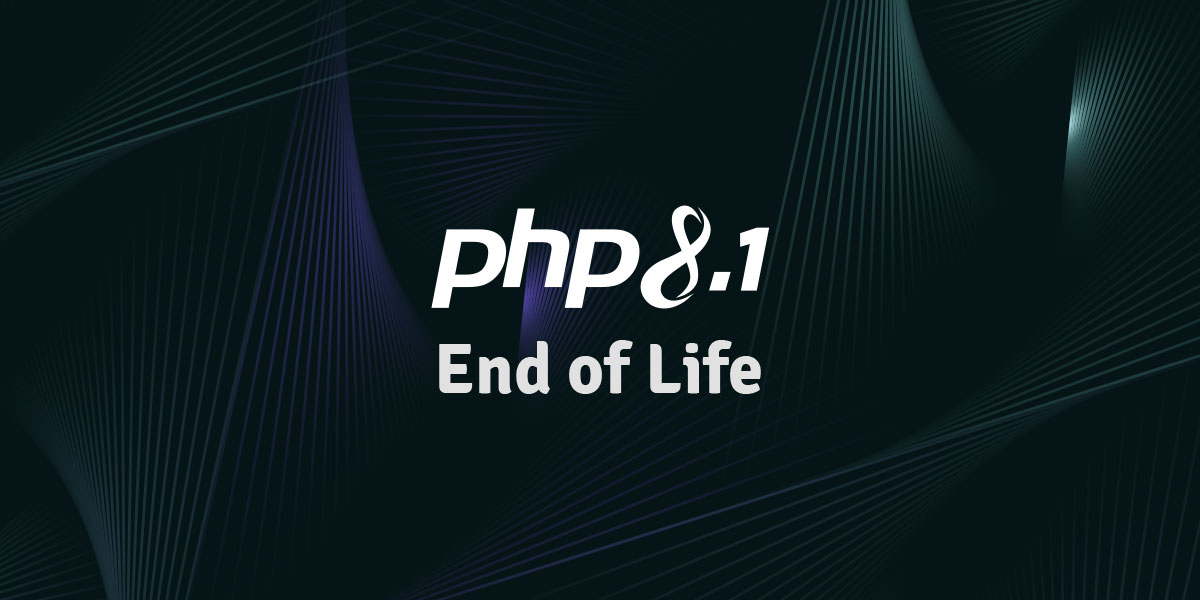Drupal 7.91, 9.3.19, and 9.4.3 released with several critical security fixes
 Drupal, a popular content management system written in PHP, released three new versions on all of the current version series fixing several security vulnerabilities. These releases include fixes for information disclosure, code execution, access bypass, and cross-site scripting vulnerabilities found in earlier versions.
Drupal, a popular content management system written in PHP, released three new versions on all of the current version series fixing several security vulnerabilities. These releases include fixes for information disclosure, code execution, access bypass, and cross-site scripting vulnerabilities found in earlier versions.
- Drupal 7 sites are advised to upgrade to Drupal 7.91
- Drupal 9.3.x sites are advised to upgrade to Drupal 9.3.19
- Drupal 9.4.x sites are advised to upgrade to Drupal 9.4.3
Drupal 8.x series, Drupal 9.0, 9.1, and 9.2 series have reached their End-Of-Life, and do not receive security support anymore.
Backdrop CMS, a fork of Drupal 7 that evolved into a CMS of its own, also released Backdop CMS 1.22.1 fixing applicable vulnerabilities.
Drupal core updates can be made manually by replacing the installation files, using Drush, or by using Composer.
SA-CORE-2022-012
SA-CORE-2022-012 (CVE-2022-25275) is a moderately critical information disclosure vulnerability fixed in Drupal 7.91, Drupal 9.3.19, and Drupal 9.4.3 that files using URI schemes other than public://, private:// and temporary:// might be revealed if a built-in and default access protection configuration called "insecure derivatives" was enabled.
Private files stored with the private:// URI scheme, which is the default and common setting, are not exposed with this vulnerability, which greatly reduces the attack vectors of this vulnerability.
Further, this vulnerability is mitigated if the Drupal sites have not turned off the default security setting with $conf['image_allow_insecure_derivatives'] = true (Drupal 7) or $config['image.settings']['allow_insecure_derivatives'] = true (Drupal 9). Drupal does not provide any user interface to allow insecure derivatives.
SA-CORE-2022-013
SA-CORE-2022-013 (CVE-2022-25278) is a moderately critical access bypass vulnerability in the Form API, only present in Drupal 9. This is fixed in Drupal 9.3.19 and Drupal 9.4.3.
Prior versions of Drupal contain a vulnerability in its Form API implementation, that it did not properly evaluate access to the form elements (with #access property or another way), and allowed overwriting the submitted values even though the element access is disallowed.
Drupal core does not use forms that are affected, but there might be contributed/custom modules or themes relied on the Form API to safe-guard form values.
SA-CORE-2022-014
SA-CORE-2022-014 (CVE-2022-25277) is a critical security vulnerability fixed in Drupal 9.3.19 and Drupal 9.4.3 (Drupal 7 not affected), that could lead to code execution.
Drupal's file name sanitization mechanisms did not properly sanitize .htaccess files, which could allow an attacker to upload an .htaccess to bypass Drupal's built-in protections against code execution in file upload directories, leading to a code execution vulnerability.
However, it requires a user with administrative permissions to allow htaccess file extension, which is usually only granted to trusted users, and the attacker must manage to upload an executable file even after a new htaccess file was uploaded to disable existing safe-guards against file execution. Further, this vulnerability is only exploitable on Drupal sites that are hosted on Apache web server (and some versions of Litespeed web server), because other web server software do not evaluate to .htaccess files.
SA-CORE-2022-015
SA-CORE-2022-015 (CVE-2022-25276) is a moderately critical security vulnerability in Drupal 9's Media oEmbed feature, that could be used to display external (and potential offensive) content in the context of the primary domain. Because browsers do not restrict access to data on same the origin, this can be exploited to extract information including browser cookies, cross-site scripting, etc.
This vulnerability is fixed in Drupal 9.3.19 and Drupal 9.4.3, Drupal 7 does not offer a Media module, and is not vulnerable.
All Drupal 7, 9.3, and 9.4 sites running older versions are encouraged to upgrade to the latest version immediately.


